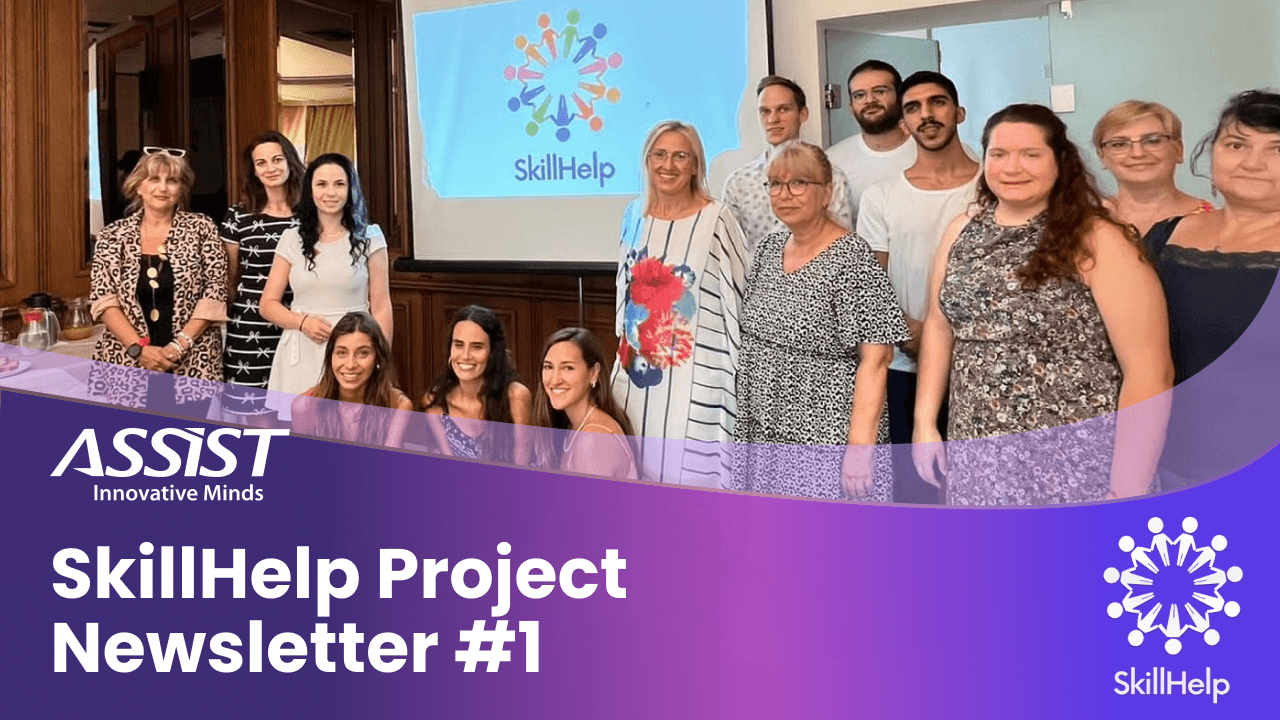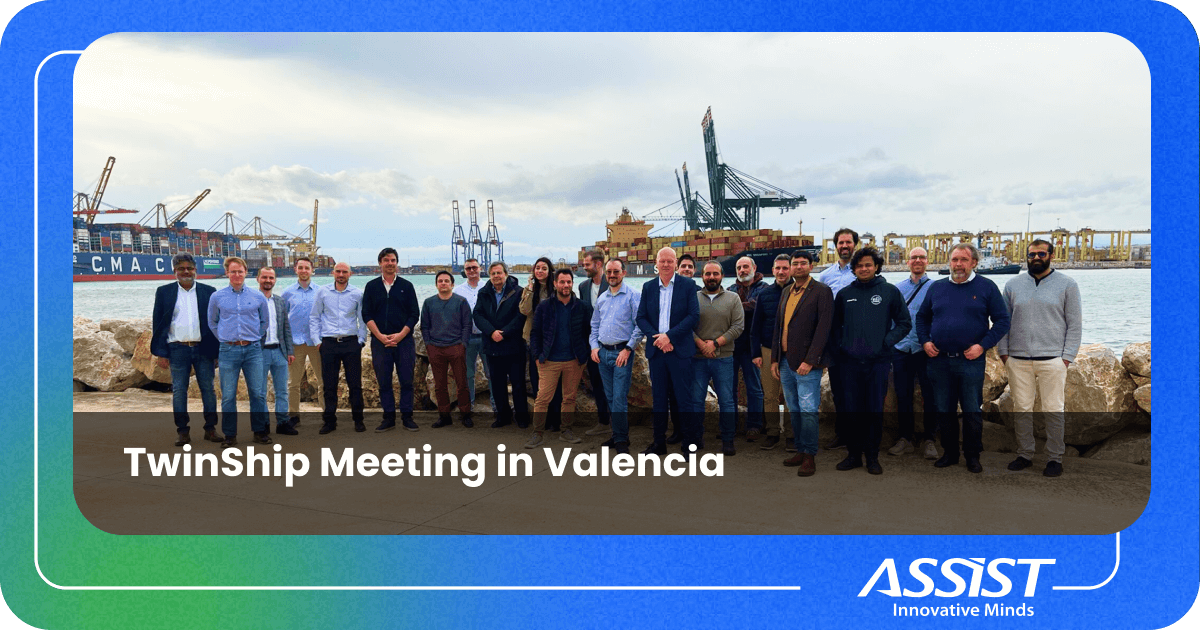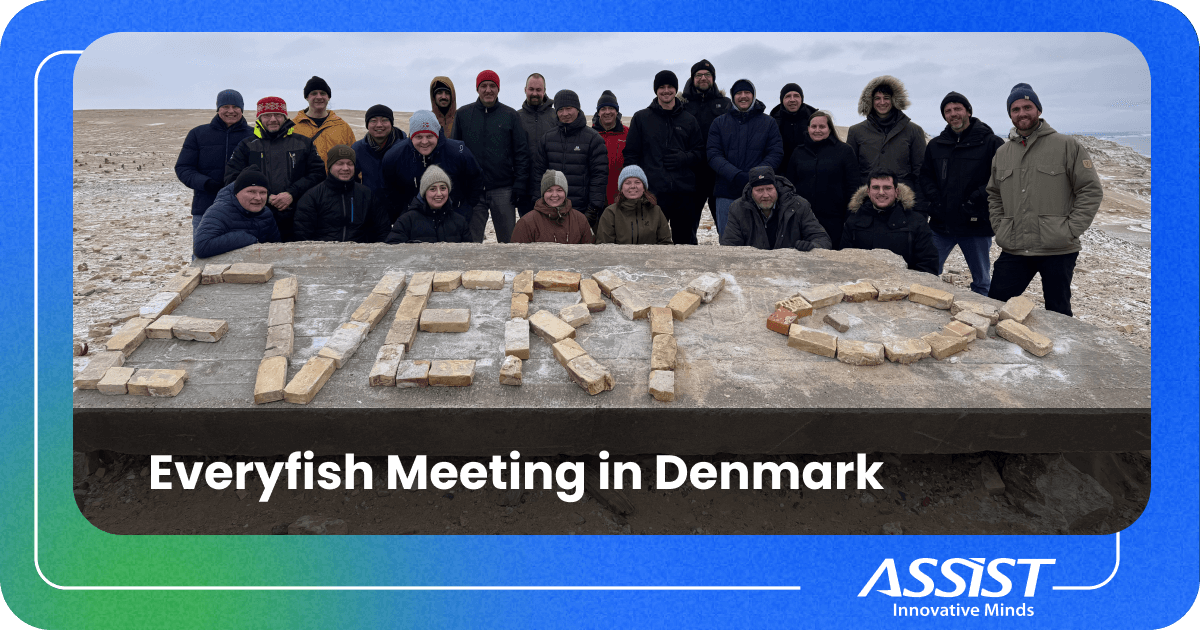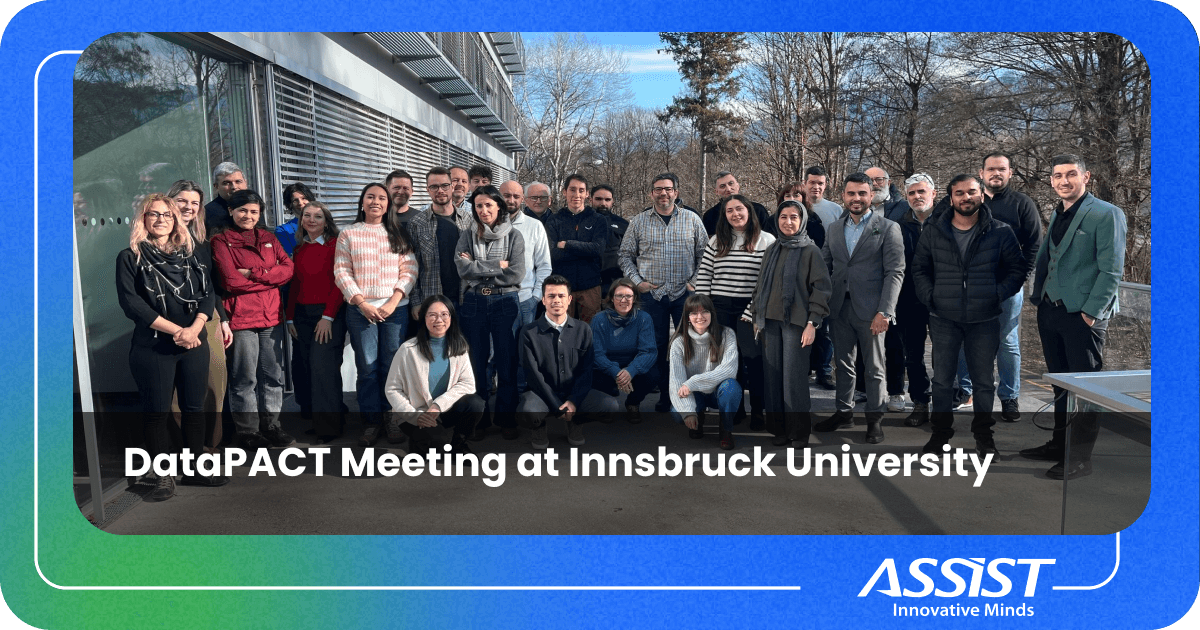The First Newsletter of the SkillHelp Project

EU is facing socioeconomic challenges as the aftermath of the pandemic of COVID-19. As a result, the importance of sectors such as social welfare will continue to grow, as will the demand for highly qualified social workers, particularly those with strong soft skills.
The aim of the SkillHelp project is to improve the soft skills of employees in the social assistance sector, and to enable social workers’ empowerment. This will be accomplished by highlighting the emotional and psychological aspects of the services they offer, as well as by strengthening their relationships with their clients, thereby enhancing their general well-being.
To meet the project objectives, the SkillHelp consortium will create three intellectual outputs based on their prior experience, and with direct input from social workers from each partner country:
- Diagnostic Tool for Assessment of Soft Skills (IO1)
- E-learning platform fostering soft skills improvement (IO2)
- Online course empowering social workers (IO3)
As established in the project’s timeline, the SkillHelp consortium conducted the Learning, Teaching, and Training Activity (LTTA) in Volos, Greece, between September 5 and 8, 2022. The meeting was hosted by InnovED and it was designed to equip participants with conceptual and procedural knowledge, skills and capacities that are crucial in reaching the project's objectives. The meeting was centered on, but was not limited to, the following topics and activities:
- the exchange of the best practices in the field of social assistance, made possible by the participation of several social workers from partner countries, who delivered compelling presentations on the history of social work in their respective countries, emphasizing the specific challenges of this sector.
- the progress registered on the development of the Diagnostic Tool for Assessment of Soft Skills (IO1) was analyzed and partners agreed on the final statements to be included in the assessment questionnaire, as well as on the feedback messages that will be delivered to respondents. Prior to its public release, the tool will be tested in each partner country to ensure its accuracy. During the LTTA, the consortium decided on the testing phase's timeline and other specific details.
- The consortium discussed aspects related to the development of the online course content, which will be based on the learning journey previously created by FyG Consultores and enriched during the meeting as a result of valuable input from all partner representatives.
- The course structure was established, and partners were given technical requirements to follow in order to ensure the cohesiveness of the course’s ten modules addressing the ten soft skills the project has set out to assess and improve. Brainstorming exercises generated useful ideas, particularly for the box of ideas that will wrap up the modules.
- Partners engaged in practical activities while benefiting from helpful recommendations for shooting the social worker interviews that will serve as introduction to each of the course’s modules.
- ASSIST proposed a website design for the SkillHelp project, which was accepted by the entire consortium. Given the positive feedback, ASSIST will proceed with the website development.
We remind you that SkillHelp is a project co-funded by the ERASMUS+ program of the European Union and submitted under KA220-ADU - Cooperation partnerships in adult education, with project reference 2021-1-PL01-KA220-ADU-000035104.



